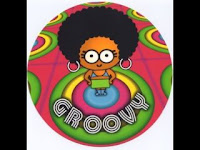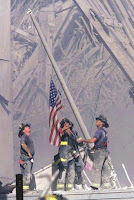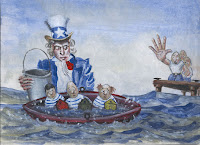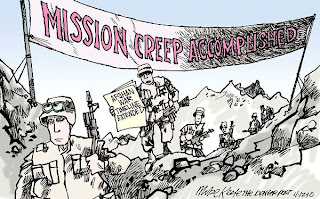What is crowd sourcing?

A widely used neolgism with an imprecise definition. Crowd sourcing is the equivalent of 'asking the audience' in a radio show. It is a very popular concept in marketing as this example from a furniture design company illustrates: "We figured that consumers would be the best judges for us," he says. Made.com gives designers the opportunity to submit ideas and then asks customers to vote on them. Only the top vote getters are offered for sale. The term crowdsourcing is only a few years old, but the idea's been around for a decade. That's when online T-shirt seller Threadless, a pioneer crowdsourcing website based in Chicago, launched. Last year, according to Forbes , Threadless had sales of $30 million. Since then, companies as diverse as P&G, GE and Anheuser-Busch have used crowdsourcing to percolate product and advertising ideas. Full Time article here and a remarkable recent example in education here :







